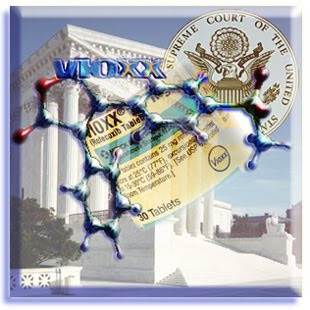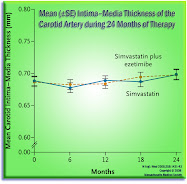In sum, the idea is to "jack up" its orbital height and velocity, by use of a newer, more modern spacecraft attaching to it. . . and then setting it free, again -- for added decades of imagery return. Excellent! We applaud the thought, even if it does not end in a rescue mission:
. . .The non-exclusive SpaceX study regarding the possibilities of reboosting the Hubble Space Telescope is ongoing. On Thursday, Dec. 22, 2022, NASA issued a Request for Information to seek additional information about commercial capabilities available to reboost a satellite in orbit, using Hubble as a demonstration, at no cost to the government. There are no plans at this time for NASA to conduct or fund a dedicated Hubble servicing mission. The Request for Information will remain open until Tuesday, Jan. 24, 2023, as NASA continues exploring options for Hubble’s future.
NASA and SpaceX signed an unfunded Space Act Agreement Thursday, Sept. 22, to study the feasibility of a SpaceX and Polaris Program idea to boost the agency’s Hubble Space Telescope into a higher orbit with the Dragon spacecraft, at no cost to the government.
There are no plans for NASA to conduct or fund a servicing mission or compete this opportunity; the study is designed to help the agency understand the commercial possibilities.
SpaceX -- in partnership with the Polaris Program -- proposed this study to better understand the technical challenges associated with servicing missions. This study is non-exclusive, and other companies may propose similar studies with different rockets or spacecraft as their model.
Teams expect the study to take up to six months, collecting technical data from both Hubble and the SpaceX Dragon spacecraft. This data will help determine whether it would be possible to safely rendezvous, dock, and move the telescope into a more stable orbit. . . .
Now you know -- and hiking, and swimming our way. . . toward a warm 2023! Onward. . . grinning -- ever, grinning.
नमस्ते

















No comments:
Post a Comment